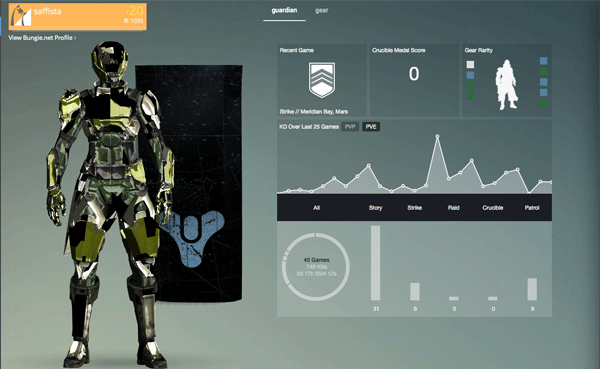Yesterday’s article at Kotaku about the representation of African Americans in Assassin’s Creed: Liberation hit really close to home because we were looking at two sides of the same coin. While Evan Narcisse over at Kotaku thinks that the Canadian developers are off point with their depiction of a few Black folks walking around New Orleans I think that they are pretty much on point. I am hoping that this is a glimpse into what could be an accurate portrayal of life of folks of the African diaspora in 1786.
The article immediately brought to mind Nina Simone’s song, Four Women. Simone’s song (lyrics) tells of four different paths that African American women may have been dragged down in the antebellum South.
http://www.youtube.com/watch?v=Nf9Bj1CXPH8
When looking at AC:L, there has to be the opportunity to unmask the assumption that there was a monolithic Black experience even in antebellum New Orleans in the 18th century. Aveline could have quite easily been free to walk around because of her bi-racial heritage. Mulatto, quadroon, and octoroon women were often given a kind of hybrid status where they were not necessarily subjected to the same circumstances as field slaves not the same reverence of white women under the Cult of True Womanhood, they would have been freer to walk the streets and (in the eyes of many) seen as being more acceptable in societyas concubines or sexual servants.
New Orleans was (in)famous for it’s quadroon (or octoroon) balls where slaves of mixed heritage were brought to the “Big Easy”, trained as “real ladies” and sold to Southern aristocracy as concubines (it has also been posited that many free quadroon and octoroon entered into similar plaçage relationships with these men). These women had much more lavish lifestyles than their darker sisters with more Black blood and lived lives more akin to proper “wives”.
These women would have had the privilege to walk the streets unnoticed. Using New Orleans as a setting for Liberation makes a lot more sense than any other part of the United States for this tradition alone. While there were as many bi-racial women (enslaved and free) in other parts of the country this tradition of concubinage and the status of concubines of color was unique to New Orleans.
So why is this important? Because I still have hope for the gaming industry. I still see value in games and I really want to think that the good folks at Ubisoft Montreal have done a modicum of research into the history of the antebellum South and will give gamers a quick (but honest) glimpse into history in a game that is entrenched in it.




